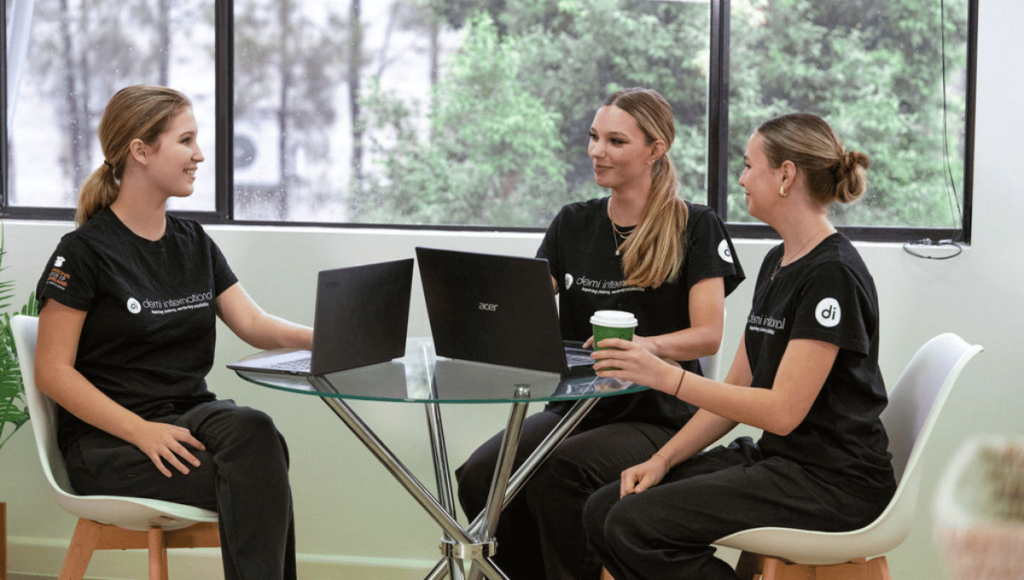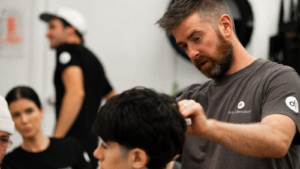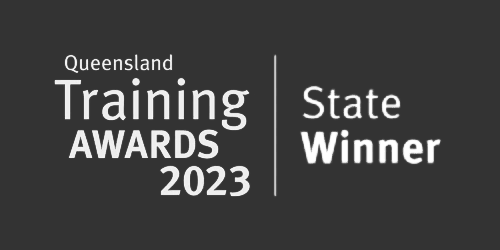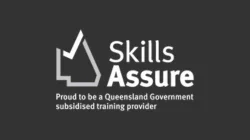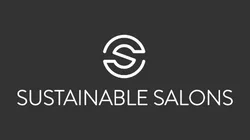When it comes to education and career choices, you can access training through several paths, including Registered Training Organisations (RTOs) like Demi International and TAFE institutions.
These education pathways each offer benefits and drawbacks, so the best option for you depends on your needs and circumstances.
Today, we’ll explore the difference between studying with an RTO versus Tafe and why opting for an RTO course might be the right fit for you.
What is an RTO?
A Registered Training Organisation (RTO) is a business that provides training and education for specific skills and qualifications. Government authorities register and approve RTOs to facilitate high-quality training, which permits them to grant nationally recognised certificates and qualifications.
To attain official registration, training providers must adhere to the stringent standards outlined in the Australian Quality Training Framework 2019 (AQTF 2019). These regulations serve as a safeguard to maintain the excellence of Vocational Education and Training (VET) services across the nation.
But quality assurance doesn’t end there. RTOs need to update their registration with the state or territory authority every five years and can be audited at any time to ensure quality and compliance.
What’s the difference between an RTO and Tafe?
Comparing RTOs to TAFE isn’t about superiority; it’s about embracing differences. Neither is better or worse than the other – just different.
Some of the key differences include:
Ownership and size
RTOs can be privately owned, public, or run by industry groups and vary in size from small private training providers to larger organisations with multiple campuses.
TAFE institutions, on the other hand, are usually owned and operated by the government and typically operate multiple campuses across a state or territory which cater to a larger student population.
Courses, curriculum and flexibility
Most RTOs offer a range of courses and programs focused on practical skills development and job readiness. Like TAFE, RTOs design their training to meet industry standards and prepare individuals for real-world job opportunities.
Students who study with a respected RTO will gain valuable knowledge and practical, hands-on training in their chosen field, helping them prepare for a career in beauty, healthcare, hospitality and more.
RTOs are known for their adaptability when it comes to course design. This approach means they can quickly respond to industry trends and provide training for specialised courses like our dual qualification Diploma of Salon Management and Certificate III in Hairdressing.
At Demi, we offer a modern and dynamic curriculum that aligns with industry trends and demands. As a small training provider, we have the agility to update our curriculum if trends shift while continuing to meet industry and AQF standards.
TAFE institutions tend to offer a more standardised curriculum and may have less flexibility in course design.
When you study with us, you get hands-on training directly related to the skills you’ll need to thrive in your industry. Better yet, you can practise your skills in specialised student clinics with a respected and experienced trainer.
OTHER CONSIDERATIONS:
Recognition and accreditation
Both RTOs and TAFE can offer nationally recognized qualifications and certifications accredited by the Australian Quality Training Framework (AQTF).
Fees and funding
The cost of training with an RTO can vary depending on the course, provider and funding options. At Demi, we offer a range of student loans and flexible payment options to make studying more accessible and affordable for you.
TAFE courses generally have set fees, and some students may be eligible for government-assisted funding.
Trainers and facilitators
The qualifications, experience, and approach of trainers can vary widely between TAFE and RTO settings. With that in mind, it’s important to consider your training needs and goals when choosing a course provider because the right trainer is vital to your success as a student.
Our trainers, who are industry experts including small business owners, accomplished employees and salon managers, share their knowledge and tangible experience in smaller classes.
This encourages deeper interaction between students and teachers, enhancing the learning experience and improving outcomes. This is part of the reason Demi is fostering a completion rate of 93%.
Pathways to university
While TAFE institutions offer well-established pathways to universities, RTOs also collaborate with universities to provide opportunities for further education.
Students who complete specific courses at Demi International can unlock pathways to higher learning and various Bachelor’s degree courses.
Embark on a journey to success with Demi
When it comes to your education and career journey, the path you choose can shape your future success and sense of fulfilment.
Registered Training Organisations (RTOs) and TAFE institutions each offer unique advantages and cater to different needs, so it’s essential to explore your options, consider your goals, and make a choice that aligns with your aspirations and values.
If you’re ready to take the next step and explore your options, book a chat with a course advisor today. They can answer your questions and guide you toward the right course for your future.

